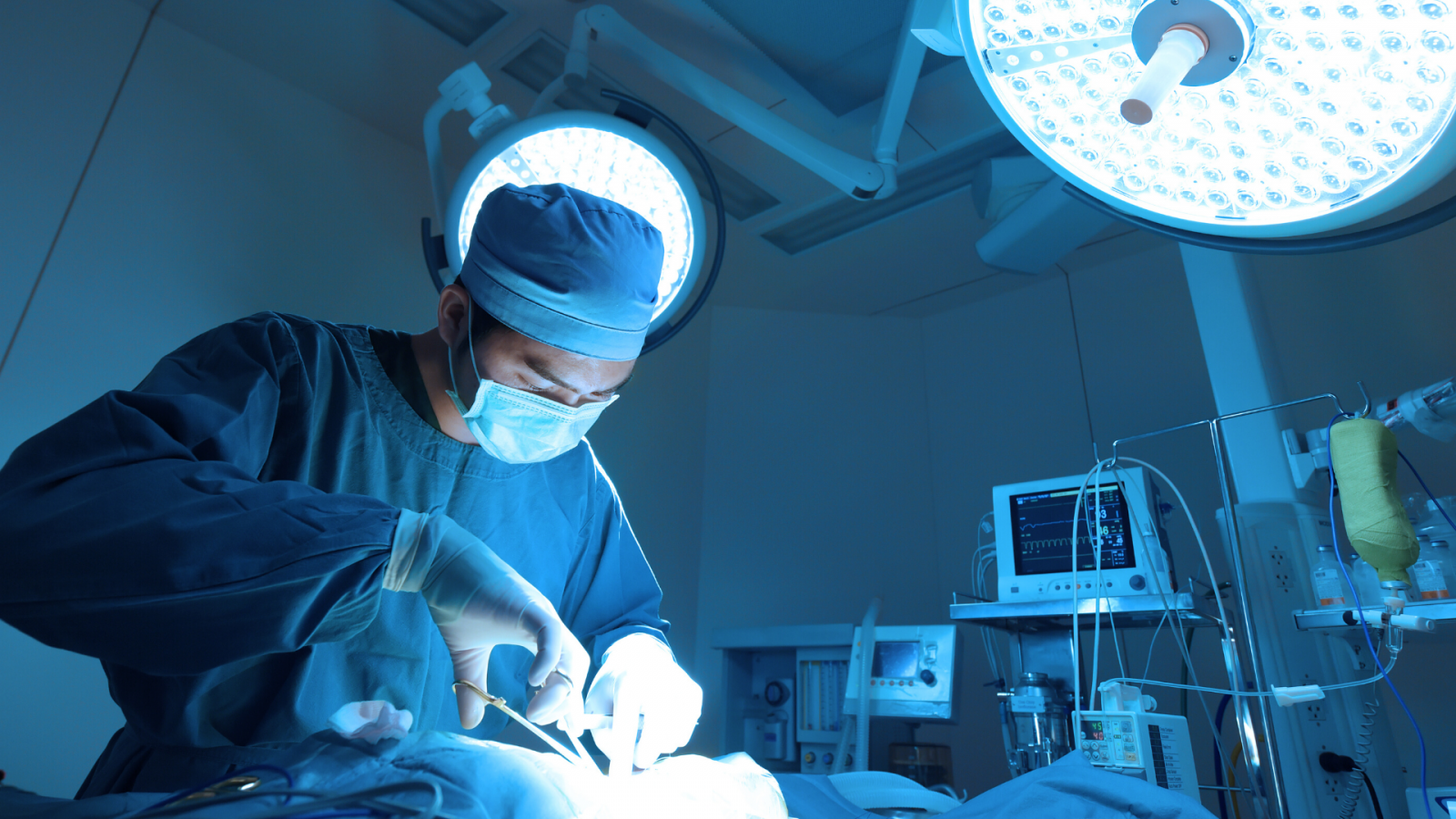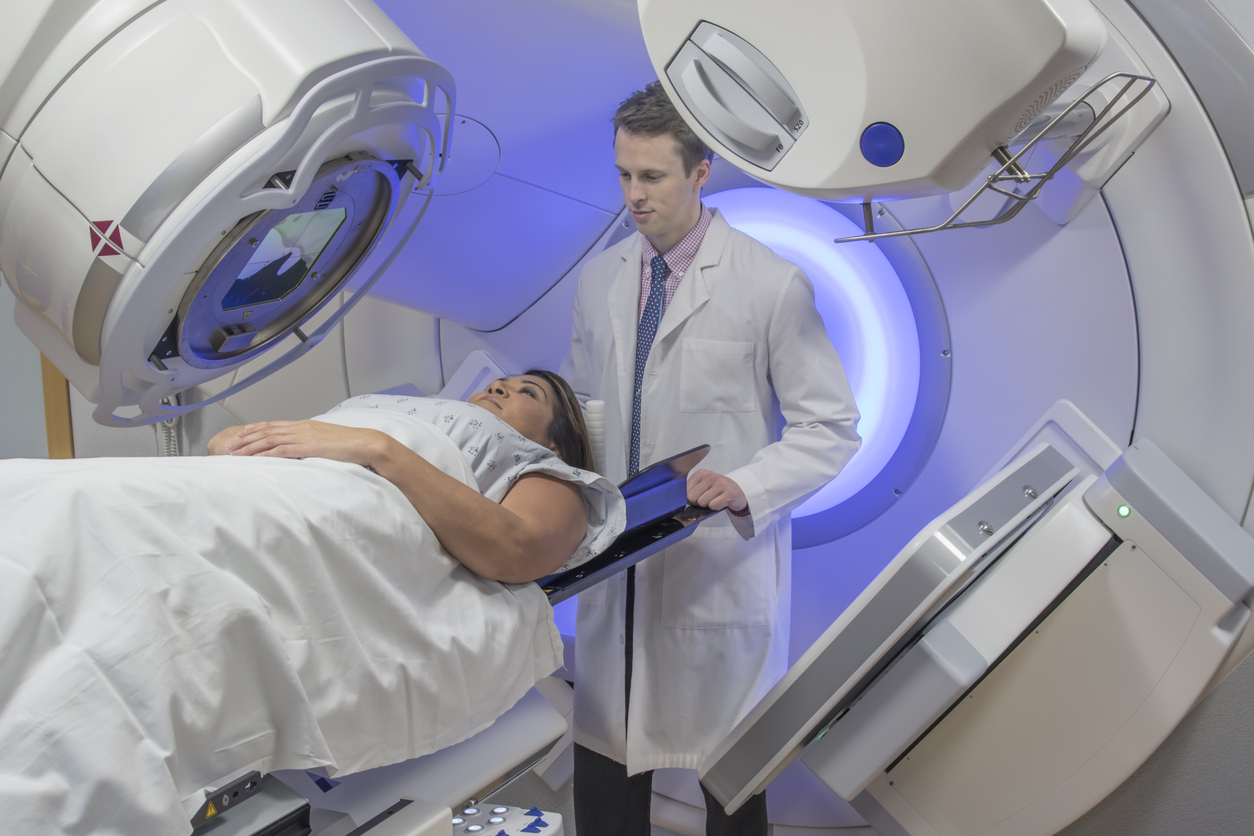Liver transplant

A liver transplant means removing your liver and replacing it with a healthy donor liver. This operation is not suitable for everyone with primary liver cancer. There are many things to consider:
- Are you well enough for surgery?
- Do you have cirrhosis and how severe is it?
- What is your background liver disease and the criteria for a transplant, for example, no alcohol intake for at least 6 months?
- What size is the tumour or tumours?
- Has it grown into blood vessels or spread outside the liver?
- Has the tumour progressed in the time waiting for a transplant?
If you are being considered for a liver transplant, you will be referred to the National Liver Transplant Unit in St Vincent’s University Hospital (SVUH) in Dublin, you will have regular meetings with the liver transplant team and coordinators.
Before transplant surgery
Liver transplant assessment
You will have a liver transplant assessment usually either as an inpatient or outpatient. It is important to have someone with you to help you during the liver transplant process. During the process, you will have a series of tests such as blood tests, chest X-ray, pulmonary (lung) function tests, heart tests, ultrasound scan and CT scan.
You will meet some of the multidisciplinary (MDT) team who will be looking after you. When the assessment phase is over, the MDT will review the results and discuss a liver transplant with you, if it is the best treatment option for you.
Waiting for a liver transplant
You will then meet a liver transplant coordinator for an education session about going on the liver transplant waiting list. A donor liver is matched based on blood group, weight and a rating called the model for endstage liver disease (MELD) score. (This is a score which measures the health of your liver and how urgently you need a transplant). Waiting for a liver transplant can be a difficult time - it can take weeks, months or years.
While you are waiting, you may have some treatment to ensure the cancer stays stable and you keep within the criteria for a transplant. These treatments include thermal ablation or transarterial chemoembolisation (TACE). The liver transplant team will explain this to you.
Liver transplant operation
When a donor liver becomes available, the transplant coordinator will contact you with clear instructions for coming to the hospital. You will meet some members of the multidisciplinary team (MDT) again. They will explain everything to you as you prepare for your operation.
After a liver transplant
You will probably stay in hospital for 1-2 weeks. Your transplant teams will see you regularly to ensure you are healing and recovering well. You will start taking immunosuppressant medications to help your body from rejecting the new liver. The nurses on the ward will teach you about these, including when and how to take them.
After discharge, you will have regular check-ups to keep a check on your recovery. You will need painkillers for a few weeks after your surgery and it may take some months before you start to really recover. To help your wound to heal, avoid lifting anything heavy or doing strenuous housework or gardening. Your doctor or specialist nurse will tell you more about what to expect after your transplant.

Immunosuppressants and infection
If you have a liver transplant, you will be taking medication (immunosuppressants) to help keep your body from rejecting the new liver. One of the side-effects of this medication is that it weakens your immune system and leaves you less able to fight infections. Try to become familiar with the signs of infection and be aware of who to contact if you feel you have an infection.
For more information
Phone
1800 200 700



